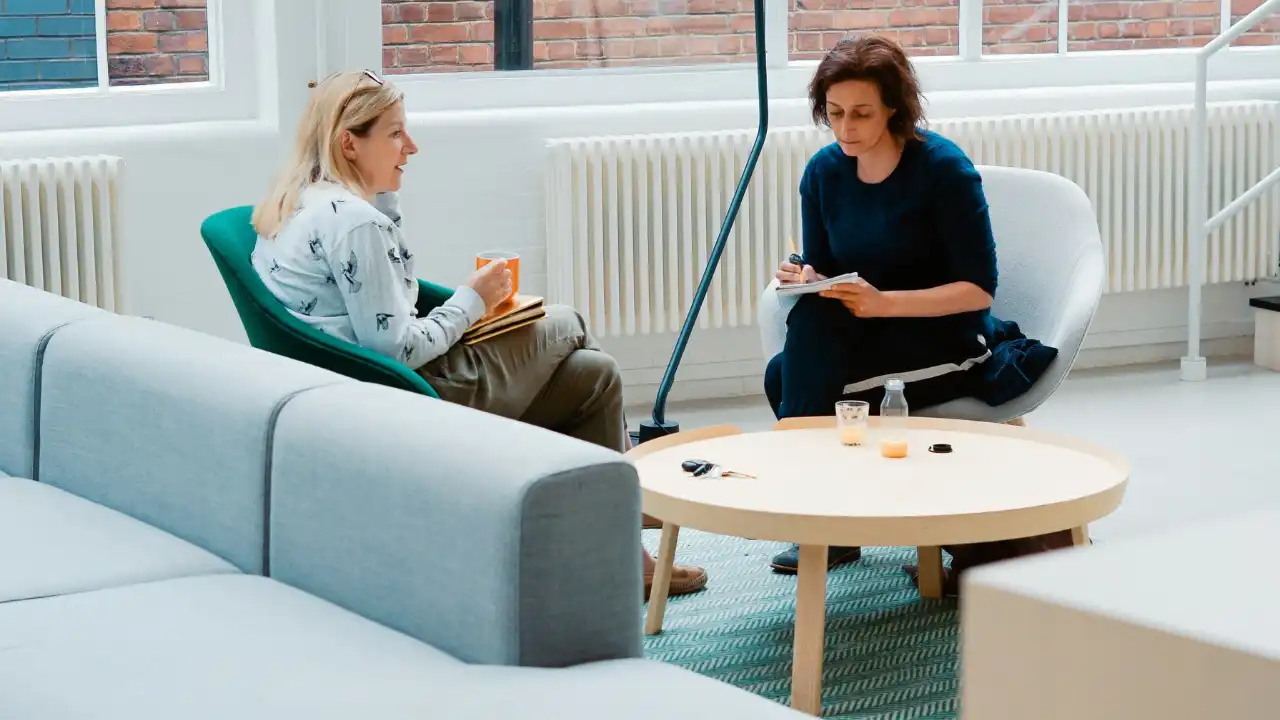24/7 Helpline:
(866) 899-221924/7 Helpline:
(866) 899-2219
Other Insurance Options

Private insurance

Access to Recovery (ATR) Voucher

ComPsych

UnitedHealth Group

Health Choice

BHS | Behavioral Health Systems

Magellan

MHNNet Behavioral Health

Humana

BlueShield

EmblemHealth

Molina Healthcare

Magellan Health

Premera

Holman Group

Providence

PHCS Network

Ceridian

Evernorth

Absolute Total Care

Fraser Counseling Center
Fraser Counseling Center has qualified staff who specialize in evidence-based practices for children...

Darsey Black and Associates
Darsey Black and Associates is a private rehab located in Hinesville, Georgia. Darsey Black and Asso...

Malinda Graham and Associates Hinesville
Malinda Graham and Associates Hinesville is a private rehab located in Hinesville, Georgia. Malinda ...






Gateway Behavioral Health Services
Gateway Behavioral Health Services is a public community-based organization. Gateway Behavioral Heal...

















































